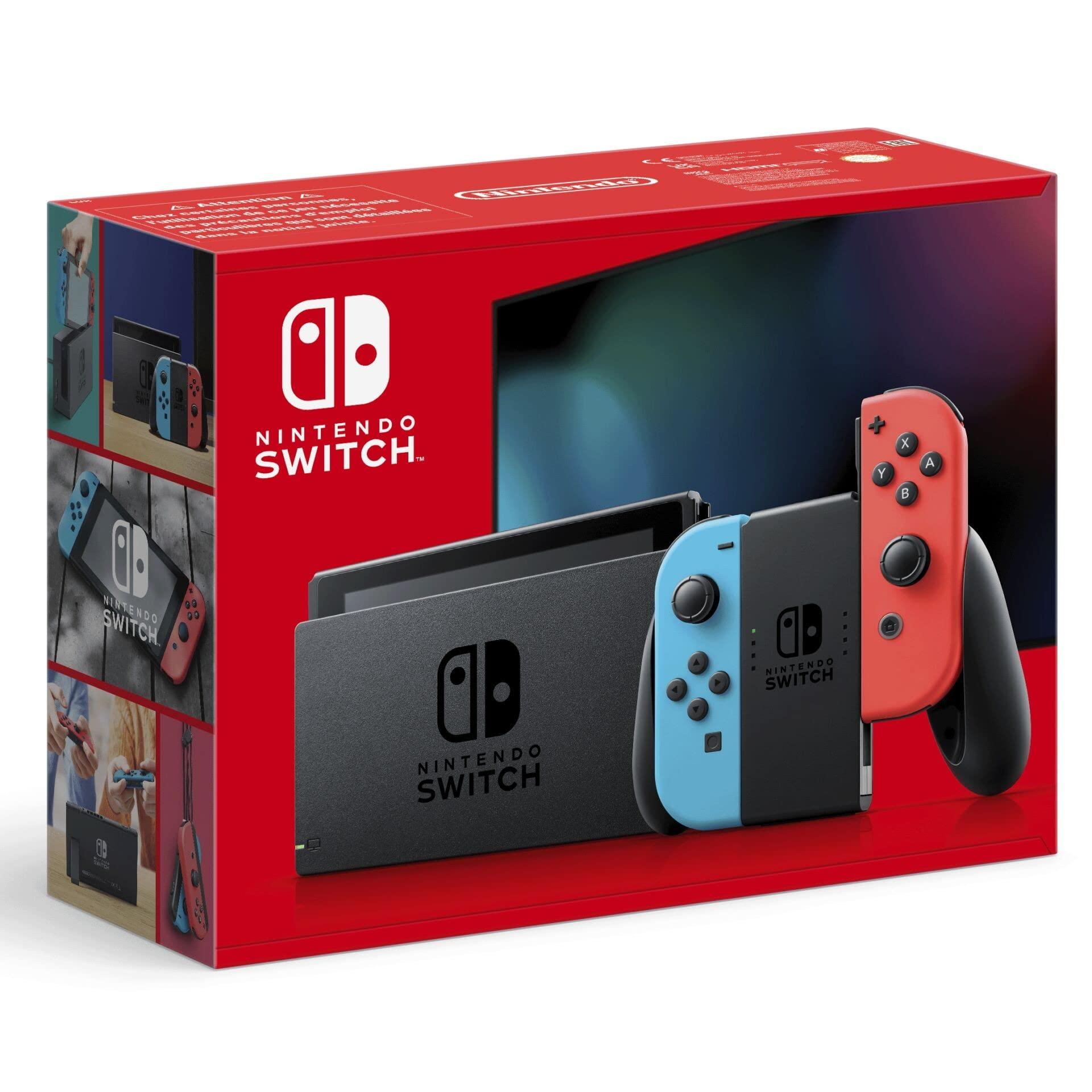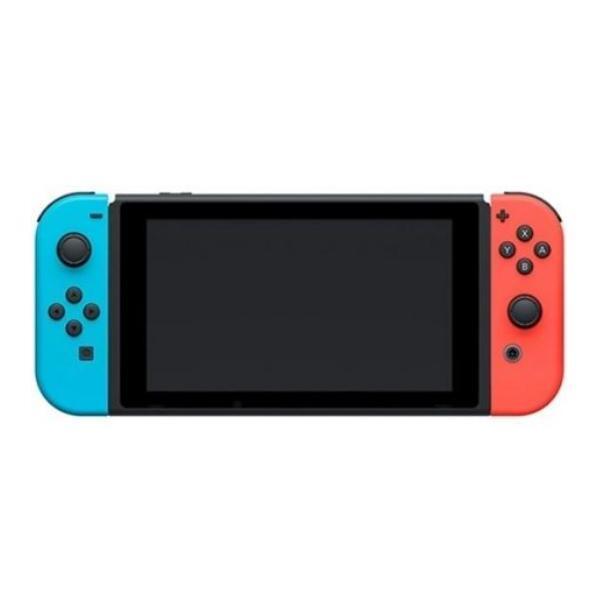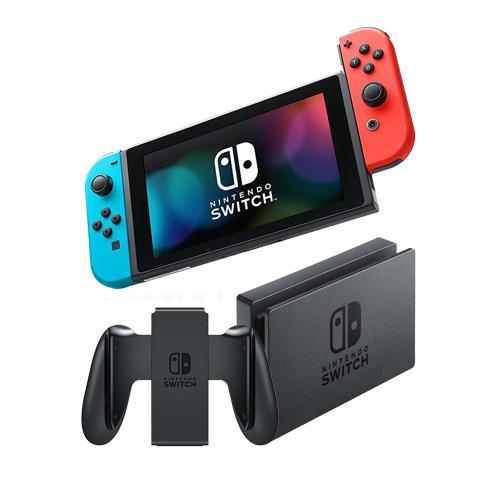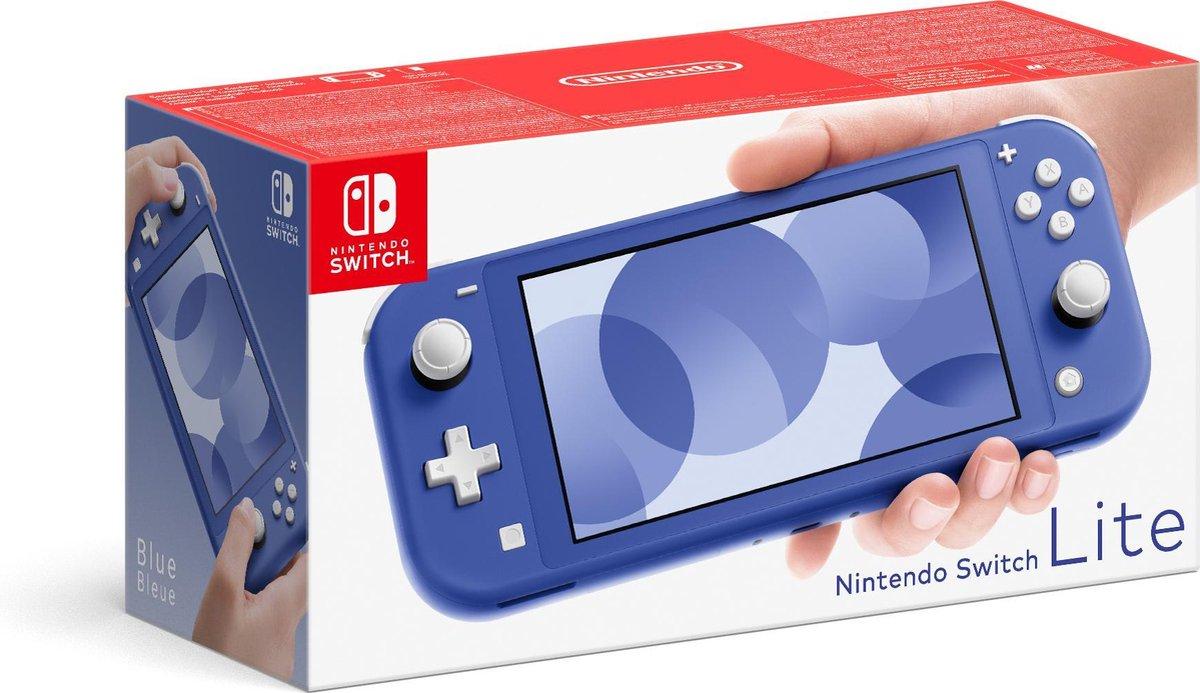Nintendos Legal Maneuver: The Implications of Suing Streamers Ahead of Game Releases
Nintendo’s recent decision to take legal action against streamers showcasing upcoming titles like Zelda: Echoes of Wisdom and Mario & Luigi: Brothership raises significant questions about copyright, fair use, and the future of gaming communities. By targeting prominent content creators, the gaming giant seems intent on controlling the narrative surrounding its releases, warning that unauthorized showcases can lead to serious repercussions. This strategy not only affects individual streamers but also reverberates throughout the broader streaming ecosystem, where the line between promotional content and infringement becomes increasingly blurred. Critics argue that such moves stifle creativity and community engagement, essential components of any successful gaming franchise.
Moreover, the implications of Nintendo’s legal maneuvers could set a dangerous precedent not just for the company, but for the industry as a whole. Many fans and smaller creators fear that the crackdown will discourage streaming altogether, leading to a less vibrant gaming culture. Key points concerning this unfolding situation include:
- Impact on Content Creation: The chilling effect on creators who rely on gameplay footage for their channels.
- Community Backlash: Potential alienation of loyal fans who see such actions as draconian.
- Legal Definitions: Ongoing debates about what constitutes fair use in the context of gaming.
As these developments unfold, observers will be keen to see how the streaming community, alongside legal experts, respond to Nintendo’s attempts at asserting its influence over content and fan interaction. The balance between intellectual property rights and the thriving culture of gaming streams is now under scrutiny like never before.

Understanding Fair Use: Streaming Gameplay vs. Copyright Infringement
The recent lawsuit filed by Nintendo against a gamer for streaming gameplay of Zelda: Echoes of Wisdom and Mario & Luigi: Brothership raises critical questions about the boundaries of fair use in gaming. While streaming has become a cornerstone of digital entertainment and community engagement, it sits in a complex legal landscape where copyright infringement concerns can loom large. In general, fair use allows for limited use of copyrighted material without permission, particularly in contexts that involve commentary, criticism, or education. However, this exemption is not absolute and depends on several factors, including the purpose and character of the use, the nature of the copyrighted work, the amount used, and the effect on the market value of the original work.
As video game developers like Nintendo tighten their grip on content streaming, many gamers must navigate this blurry territory with caution. When considering what constitutes fair use, streamers should keep in mind the following aspects:
- Transformative Nature: Does the content add new expression or meaning?
- Commercial Intent: Is the streamer monetizing the gameplay through ads or sponsorships?
- Market Impact: Could the stream potentially affect the sales or market for the original game?
Despite the potential for community-building and publicity, streaming copyrighted games can inadvertently cross into infringement, leaving many gamers in a precarious position as they seek to engage audiences without violating copyright laws.

The Impact on Gaming Communities: How Legal Actions Shape Content Creation
The recent legal actions taken by Nintendo against a gamer for streaming their highly anticipated titles like Zelda: Echoes of Wisdom and Mario & Luigi: Brothership has sparked significant discussion within gaming communities. These lawsuits not only highlight the company’s staunch stance on protecting intellectual property but also underscore the tension between developers and content creators. Gamers who stream and create content often serve as valuable marketing tools, generating excitement and anticipation ahead of a title’s release. However, when legal repercussions arise, it sends a chilling message that may deter future creators from engaging with beloved franchises, fearing potential backlash.
This scenario raises critical questions about the evolving landscape of content creation within the gaming industry. The repercussions of such lawsuits might lead to:
- A decline in streaming diversity: Streamers may shy away from showcasing new titles, ultimately affecting the variety of game-related content available online.
- Increased self-censorship: Content creators might limit their engagement with games due to fear of legal consequences, which could dilute community interaction and excitement.
- Shifts in community dynamics: As platforms react to legal pressures, communities may fracture or realign around games deemed ‘safer’ to stream, altering long-standing fandoms and loyalties.
Ultimately, the ramifications of this story extend beyond the courtroom, shaping not just individual content creators but the broader ecosystem of online gaming culture.

Navigating the Legal Landscape: Recommendations for Streamers and Game Developers
As the gaming industry continues to expand, the legal landscape surrounding intellectual property rights becomes increasingly complex. For streamers and game developers alike, understanding the boundaries of what is permissible under copyright law is crucial. When featuring new content, particularly from major publishers like Nintendo, it is imperative to consider factors such as fair use and licensing agreements. Streamers should consult with legal experts to navigate these waters effectively, ensuring that they are not unintentionally infringing on a company’s rights. Key areas to focus on include:
- Understanding Fair Use: Assess whether the streaming content offers commentary, criticism, or transformative elements that may qualify as fair use.
- Licensing Agreements: Check if there are specific guidelines or agreements for streaming particular games, as some developers grant permissions while others are more restrictive.
- Community Guidelines: Adhere to platform-specific rules related to game streaming to maintain compliance and avoid potential legal actions.
For game developers, engaging with streamers can become a double-edged sword. While showcasing gameplay through live streams can act as a powerful marketing tool, it can also expose developers to legal vulnerabilities. Clear communication and Policies on Content Creation should be established to help content creators understand what is acceptable when promoting a title. Developers are encouraged to draft concise licensing agreements that specify:
- Permissions for Use: Outline what aspects of the game can be streamed and under what conditions.
- Branding Guidelines: Provide clear instructions on the appropriate use of logos and trademarks during streams.
- Revenue Sharing Considerations: Discuss potential revenue-sharing models for streamers who generate income from their content.

